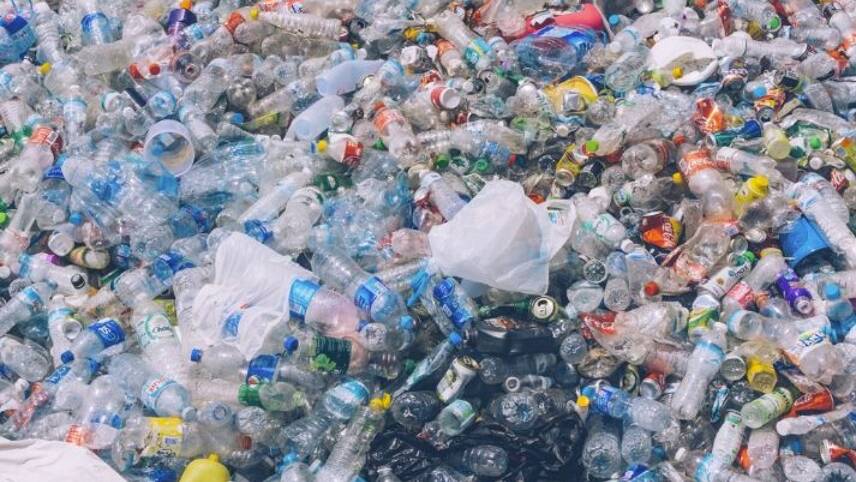Register for free and continue reading
Join our growing army of changemakers and get unlimited access to our premium content

the report warns businesses of the consequences of “false solutions”
The businesses, including Coca-Cola, PepsiCo, Unilever and Nestle, have this weekend signed an open letter recommending such a “plastic treaty”. The call to action comes ahead of the UN’s Environment Assembly conference, which is taking place in Nairobi from 28 February.
Signatories to the joint statement are recommending that the UN implements a legally binding treaty which, as well as improving downstream solutions for tackling plastic solutions, including recycling, would also set targets for reducing plastic production in the first instance.
Such targets should apply to virgin plastics only, the letter states. Many of the business signatories in sectors such as FMCG and retail notably have plans to increase their use of recycled plastics.
The potential inclusion of targets to reduce plastic production have reportedly already seen the UN come under fire from fossil fuel majors. Amid the net-zero movement, many oil and gas giants are increasing investments in plastics and petrochemicals to remain profitable.
Signatories of the open letter include Nivea owner Beiersdorf; Cushelle owner Essity; Schwarzkopf owner Henkel; Zara owner Inditex; Colgate-Palmolive; L’Oreal; Procter & Gamble (P&G); Starbucks; Mars; Mondelez International; H&M Group; Walmart; Zalando; Pick n Pay and Werner & Mertz.
Many of these firms have been accused by green groups such as Greenpeace and Break Free From Plastic as being among the world’s biggest plastic polluters in the past.
Unilever has also, today, published a new blog from chief executive Alan Jope, outlining why it is supporting the letter.
The letter is also being supported by several waste management charities and businesses, as well as packaging suppliers and the financial sector. Finance signatories include BNP Paribas, Federated Hermes and Robeco.
“We are at a critical point in time to establish an ambitious U.N. treaty,” the open letter states.
“UNEA 5.2 is the decisive, most auspicious moment to turn the tide on the global plastic pollution crisis. We cannot afford to miss it.”
The UN has selected “strengthening actions for nature” as the theme for UNEA 5.2, ahead of the second half of its Conference on Biological Diversity in Kunming, China, this spring.
As such, the open letter emphasises the fact that the plastics pollution crisis is linked to the climate crisis and is harming ecosystems. As well as the stories of marine animals becoming tangled in plastics or dying after ingesting them, the plastic pollution crisis is hampering the ocean’s ability to sequester carbon and produce oxygen.
Organisations including WWF have called on the UN to deliver a treaty which, in practice, will end the leakage of plastics into marine environments within a decade.
Responding to the open letter, Greenpeace USA’s director of oceans, John Hocevar, said: “there is no reason for big brands, big oil, and policymakers to wait for a treaty to make the right decisions — our climate depends on swift action.
“While it’s encouraging to see the global treaty talk finally happening, it’s important to highlight that lobbyists representing petrochemical companies like Dow and ExxonMobil have worked hard for years to prevent a global plastic treaty, claiming that it was unnecessary and bad for business. Their short-sighted opposition played a major role in delaying the whole process by two years, allowing plastic pollution to worsen dramatically in the meantime.
That is why it is important for corporations, including many of the world’s largest plastic polluters like Coke and Nestle, to publicly call for an ambitious global treaty that will cover the whole life cycle of plastics. It is critical that this treaty focuses on reducing the use of plastic, otherwise the impacts of plastic on climate, environmental justice, and human health will not be solved.”
Readers interested in this article may want to read our recent blog from Xampla chair Jeff Seabright, entitled: ‘COP27 is already in sight and plastics must be top of its agenda’. Click here to read that blog in full.
Sarah George


Please login or Register to leave a comment.